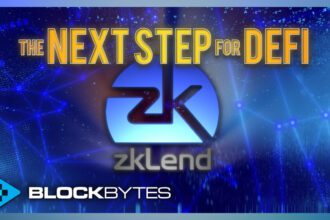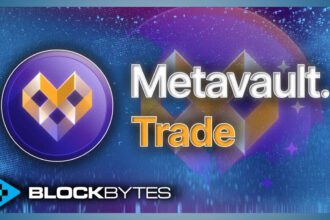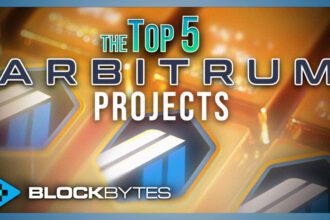This article is the fifth in Chadly\’s Core Series. Be sure to read the previous entry here.
Compounding Interest
How can we use our assets to earn additional income and how might we maximize the return for us as an individual?
Understanding interest requires recognition of one, simple fact – it is almost always generated as a result of lending your assets to someone else.
Interest is essentially the amount charged for borrowing an asset. The most obvious example of this is if you deposit fiat into a bank. Generally, banks will then offer you interest on your fiat. They are, in essence, paying you to store your money with them.
Of course, there must be a reason for this – the fiat that you’ve deposited can then be used by the bank to generate profit. For banks, they are seeking to bring in more interest from the loans they offer than the interest they pay you, aka profit.
This principle holds true in DeFi too. Protocols will incentivize asset providers to stake, lock or deposit their holdings with the promise of paying users in interest. It is worth noting that in these situations, interest can be provided in a wide range of assets – both volatile and stable (see the stable and volatile assets article for more on this).
Generally, interest is described in percentage points. As a hypothetical example, if you deposit 1000 USDC with DeFiBank you can earn 10% interest. Generally, the percentage point is APR which stands for annual percentage rate. The user could expect to receive 100 USDC for leaving their USDC in DefiBank for an entire year.
Compound interest is when the entity that we’ve lent our money to (in this case DefiBank) pays a return not just on the original amount we lent them (1000 USDC) but also on any interest we may have accumulated over the course of the loan.
For example – let’s take our 1000 USDC and put it into DefiBank again, with an APR of 10%. Let’s leave it there for 10 years. With simple interest, we would make a return of 1000 USDC on our original investment at the end of the decade, as we would receive 100 USDC every year for having our money in DefiBank. Altogether, we would have 2000 USDC after a decade.
However, if we were to compound our interest every year (take the interest we’ve made and reinvest it into the same account, thus earning interest on our interest, too) we would end this same period with 2707 USDC – a substantial difference.
Auto-compounding allows this process to be automated and optimized – a protocol will automatically reinvest the interest you make at regular intervals, so that you will earn interest on your interest, in order to maximize your returns.














